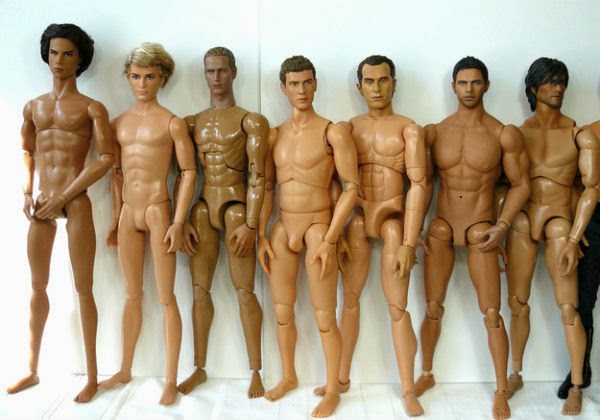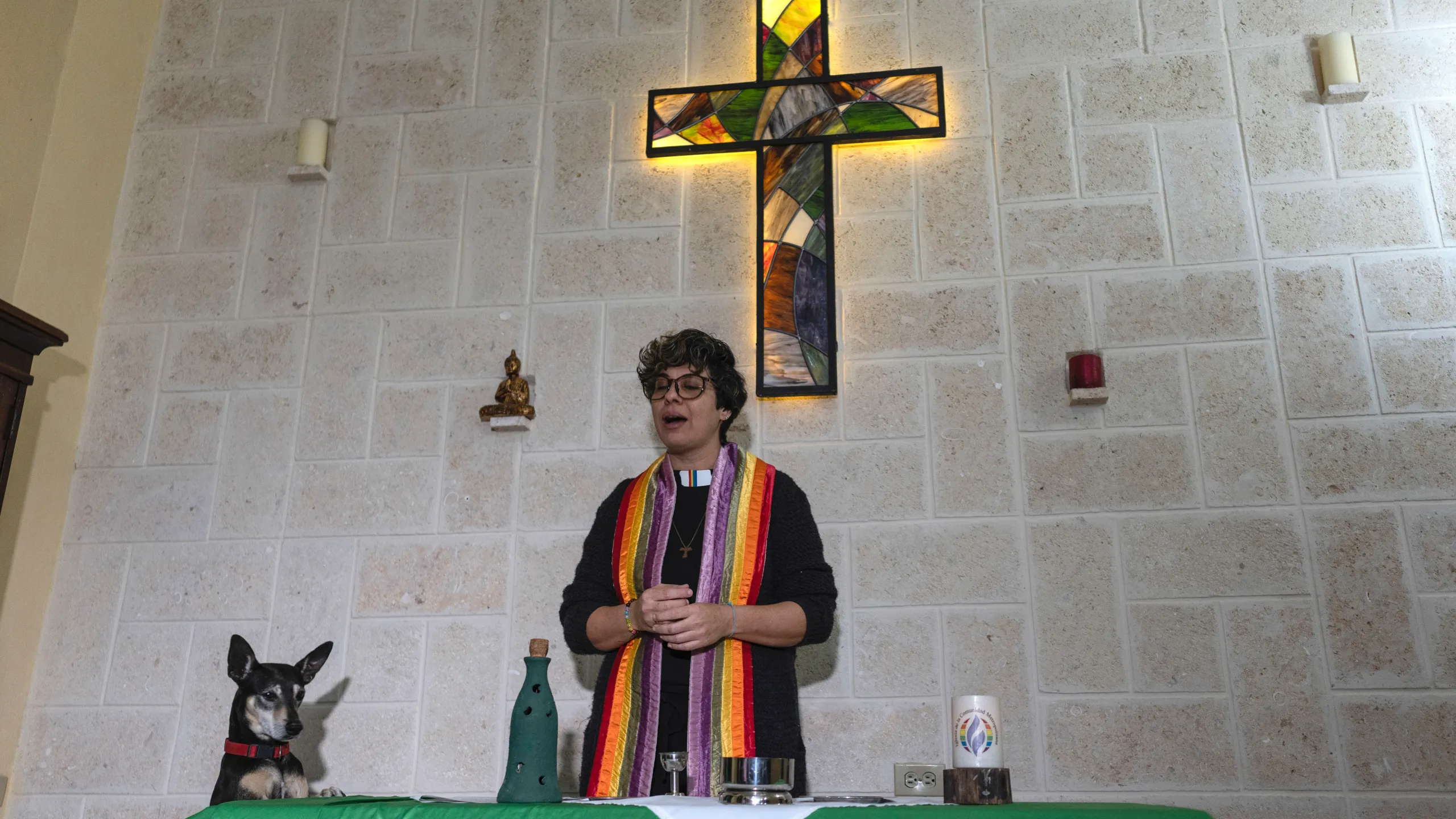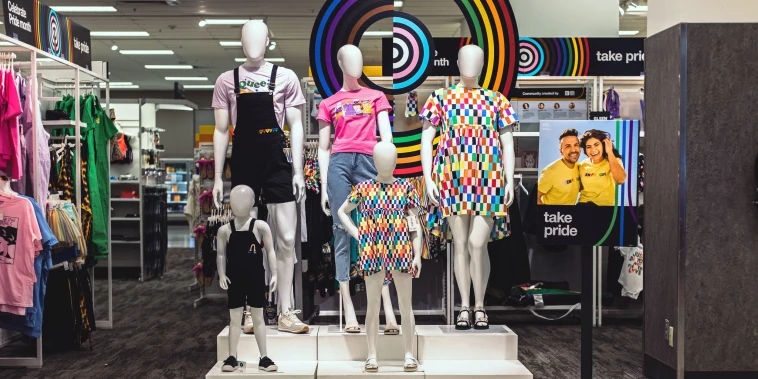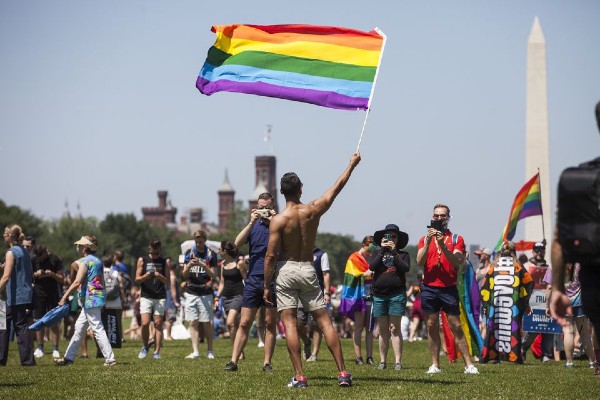‘Turning The Stress of The Lockdown Into a Positive Experience For Gay Men’
Written by Joseph • June 5, 2020
Gay men may face a specific set of mental challenges in isolation, writes Marc Svensson. I was recently speaking to a friend about the topic most conversations seem to revolve around these days, the current lockdown isolation. He told me he felt as if “his whole identity had been swept from under his feet” since […]

Gay men may face a specific set of mental challenges in isolation, writes Marc Svensson.
I was recently speaking to a friend about the topic most conversations seem to revolve around these days, the current lockdown isolation. He told me he felt as if “his whole identity had been swept from under his feet” since he was furloughed.
Our conversation made me reflect on how these unprecedented times might be experienced differently for us as gay and bisexual men, compared to the general population, and even perhaps the rest of the LGBTQ+ community.
Feeling isolated is something many LGBTQ+ people experienced extensively growing up ‘being different’ from the rest of our classmates. Many of us fled our hometowns in exchange for the bigger cities, where we felt more accepted and met likeminded people.

Did our early mental isolation experiences unwittingly prepare us for our current life in physical isolation? LGTBQ+ people are more likely to live alone, and indeed much of the contact we have with our families and loved ones today might already be taking place online.
In comparison to our straight peers, we spend more of our social lives online, maintaining friendships, building relationships and chasing down hook-ups.
However, largely due to the heteronormative society we are raised in, LGBTQ+ people are 3-4 times more likely to suffer from common mental health problems, such as anxiety and depression, compared to our straight peers. We are more likely to battle with substance abuse and suicide ideation.
These issues risk becoming magnified in an environment in which social interactions are reduced to the daily greetings of the Amazon delivery man.

Why is lockdown so tough on gay and bisexual men? Well-respected LGBTQ+ mental health researcher John Pachankis and his colleagues found that gay and bisexual men, particularly, experience unique stress relating to the harmful effects of the gay community’s preoccupation with appearance, social status and career: Intra-gay community stress.
Men in most cultures are inclined toward competitiveness and driven by a need to prove their manhood. They argue that a subculture composed entirely of the male sex (like the army) is likely to be intrinsically status conscious.
Within gay male culture, such competition is further exacerbated by the fact that members compete not only for social and status gain, but also for sex with each other.
To appreciate how these findings relate to the experience of gay and bisexual men in the current lockdown, we need to understand how identities are constructed.

Our identity is essentially the way we define ourselves throughout the past, present and future and includes aspects of our gender, ethnicity, sexuality and occupation. The social roles adopted as partner, friend, parent or mentor also make up important parts of our identity construct. We shape our understanding of who we are by giving particular meaning and weight to the specific aspects of our lives we value and prioritise the most.
As gay and bisexual men, our careers, social and professional status often dominate our identities, as we are less likely to raise families. With our professional identities, at best, being reduced to a working-from-home status and, at worst, being furloughed or even being made redundant in the current pandemic, we might find ourselves in unchartered territories, in which the professional identities we so carefully nurtured and constructed over the years rapidly become fragile.
Add to this the reduction in social affirmation, with gyms being closed and social distancing restrictions prohibiting us from seeking physical validation through dates or hook-ups, and you can see how intra-gay community stress is potentially being magnified for many gay and bisexual men.
A recent survey by Jacamo and YouGov, on men’s experience during lockdown, found that half reported a positive effect on mental health due to spending more time with their family and loved ones.

While many gay and bisexual men have opted out from traditional family structures and raising children, this should remind us of the importance of building strong ‘chosen families’, from within our community. In times like these, remember to nurture and appreciate your ‘chosen family’, and to be supportive of each other in all aspects of our identities, beyond just sexuality and career.
Finally, why not turn some of that nurturing attention inwards as well. Can you use the lockdown isolation as a time to reflect on and revaluate what constitutes your identity? Who are you, and what matter most to you? Your professional accomplishments? What does an attractive body that offers so much attention on apps or bars and clubs really mean to you? Or are there of other aspects of your identity that deserve more of your attention?
The crisis suddenly presents more than just the threat of COVID-19. It’s the realisation that many of us have to also reconsider the structure of our community, and our own inner self-worth.
Marc Svensson is a social psychologist and the founder of Helsa, a platform for LGBTQ+ people to learn about their mental health and match with LGBTQ+ specialised therapists.
.
.
Check out the original story here: Attitude Magazine.
.
.
Have you found the right one, or are you still searching?

Join a gay dating site where you can meet single guys from any town or city. Rely instead on Gay Dating Solutions to do the work for you! Don’t get fooled by free offers made by other sites. Gay Dating Solutions is offering a FREE 6 month promotion ABSOLUTELY no strings, request for credit card numbers, etc…it is the only site that is truly free to join!
Sign-up now: www.gaydatingsolutions.com
Download our mobile apps: https://appurl.io/jd0jaqp0
Like us on Facebook: www.facebook.com/GayDating101
Tweet us: twitter.com/GayDating101




